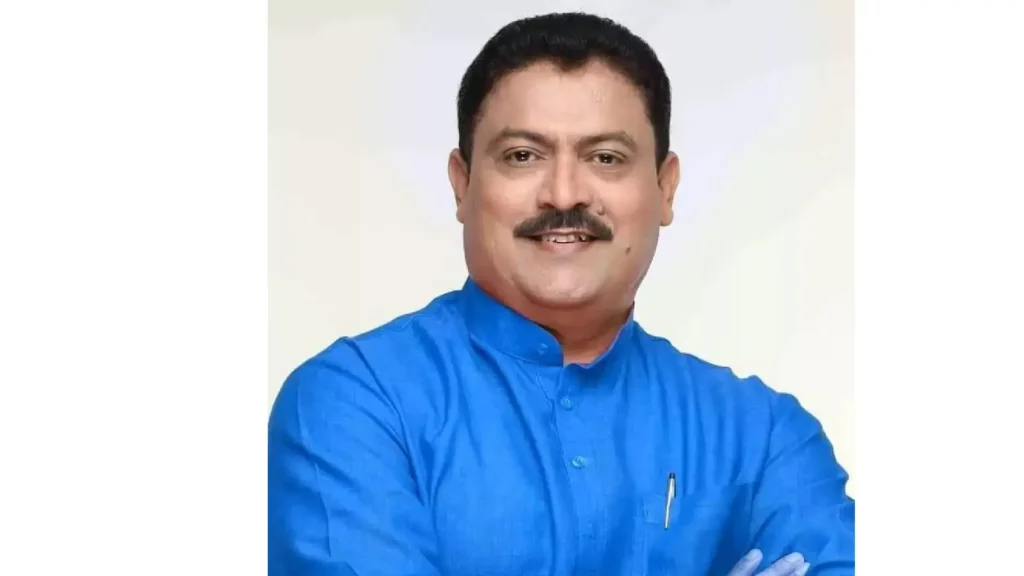Know why Pune Congress Chief Arvind Shinde Chose To Use Tender Vote

Know why Pune Congress Chief Arvind Shinde Chose To Use Tender Vote
Shinde was astonished to discover that someone had already cast a ballot in his name when he arrived at the voting booth at St. Mira’s School in Rasta Peth on Monday at around 11 am.
14th May 2024
By Khushi Maheshwari
The leader of the Pune Congress, Arvind Shinde, discovered that someone had previously cast a ballot in his name and decided to use the tender vote facility to exercise his right to vote. He learnt this when he arrived at the voting booth at St. Mira’s School in Rasta Peth on Monday at around 11 am. When the time came for him to cast his vote, he was given an envelope and a ballot with the words “Tendered Ballot Paper” written on the back.
Two other Kothrud voters asserted that someone had cast a ballot in their names, indicating Shinde was not the only one. Mukund Nagar resident Rakesh Sharma claimed that after learning that someone had cast a ballot in his name, he strongly objected. He claimed that he had informed them that he would be bringing up the matter, and then he was permitted to participate in tender voting.
Kothrud resident Gautami Pawar, a first-time voter, claimed she felt deceived when someone cast a ballot in her name. Collector Suhas Diwase informed that tender voting was permitted in the two cases. The entire count of voters who used the option, according to deputy election officer Minal Kalaskar, will be disclosed on Tuesday.
According to Section 49P of the Conduct of Election Rules, 1961, a tender vote is one that can be cast on a ballot when a voter discovers that someone else has already cast a vote in their name and the election officials are confident that the voter is who they say they are. The voter must bring up the problem with the voting booth’s presiding officer. The voter will be permitted to cast a tender vote once they have satisfactorily responded to the presiding officer’s queries regarding their identity.
Votes are recorded on ballots that are then sealed and kept out of sight. When there is a narrow margin separating the victor and the runner-up, these votes are helpful. But, in the event of a significant disparity, tender votes do not influence the result.










